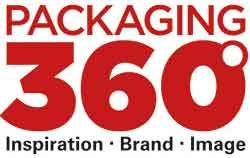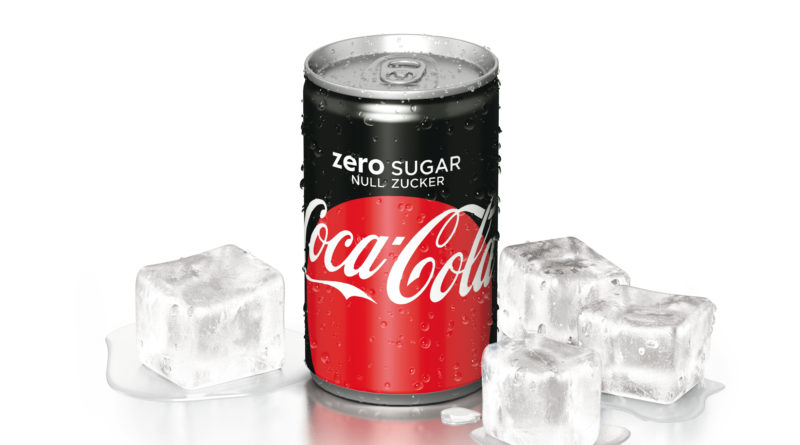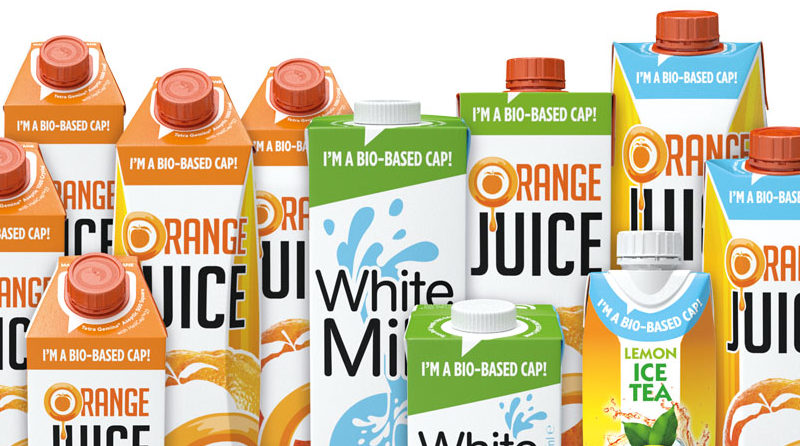Marketing and recycling a contradiction?
The recycling rate for all packaging materials is required to reach 90 percent almost everywhere by 2022, otherwise stricter legal requirements could threaten.
For many manufacturers, the requirement of the new Packaging Act to increase the recycling rate in almost all areas to 90 percent could become a major challenge, despite all announcements – not least because of the demands of the marketing departments. „The desire for better recycling or for avoiding packaging often conflicts with the desire for packaging diversity, which is needed for advertising or in response to customer needs,“ says Götz Erhardt, Managing Director Chemistry and Natural Resources at the consulting firm Accenture in Kronberg. A transparent plastic tube is actually enough for muesli. Nevertheless, many brand owners additionally invest in cardboard boxes so that packages can be stacked better and printed with colourful logos or coupons.
Plastic packaging is most problematic
The new Coca-Cola beverage can, which is only 0.15 litres in size, also sparked heated debate about possible wasting of resources. Yet aluminium or tinplate are relatively easy to recycle. By contrast, plastic packaging is likely to be a greater problem for recycling rates, especially if it is made from different materials that can hardly be separated from each other. This is often the case in order to both ensure stability and preserve the aroma. Developing alternatives here is not always easy, says Erhardt: „Despite all the potential for improvement that exists, packaging has an important task to fulfil, for example protecting goods against damage. If a package breaks, then in the case of food the product often has to be disposed of completely, which in terms of the use of resources would perhaps be even more wasteful than a little too much packaging.
 "The desire for better recycling or packaging avoidance often conflicts with the desire for packaging diversity needed for advertising or in response to customer needs.“
Götz Erhardt, Managing Director Chemistry and Natural Resources, Accenture Consulting Company
"The desire for better recycling or packaging avoidance often conflicts with the desire for packaging diversity needed for advertising or in response to customer needs.“
Götz Erhardt, Managing Director Chemistry and Natural Resources, Accenture Consulting CompanyPerhaps in response to the Packaging Act and the growing number of Unpackaged shops, the supermarket chain Rewe is testing the possibility that customers can stow at least fresh products such as cheese, meat and sausage in their own reusable containers instead of having them packed in disposable plastic trays. Götz Erhardt sees this concept more as a trend for the niche. „The education of customers worked in connection with plastic carrier bags, which they now replace with a paper bag they have to pay for, or the fabric bag they bring with them,“ says the Accenture expert. „But there are limits to the use of one’s own packaging. Just think of spontaneous shopping and the widespread desire to get everything correctly portioned.“
New packaging concepts for new business model
At the same time, Erhardt encourages manufacturers and retailers to think more ”outside the box” and try out unusual packaging concepts that might even turn the business model upside down. In the case of soft drinks, the use of thinner-walled containers made of glass, plastic, sheet metal and aluminium was reduced until a physical lower limit was reached. „But what if you were to just buy a small cartridge with a basic mixture and bubble it up in a special device at home in such a way that you get the usual lemonade quality? That would be the counter-trend to the coffee pad. Less packaging by compressing the contents of a litre bottle down to a few millilitres. It remains to be seen whether these concepts will be successful.




